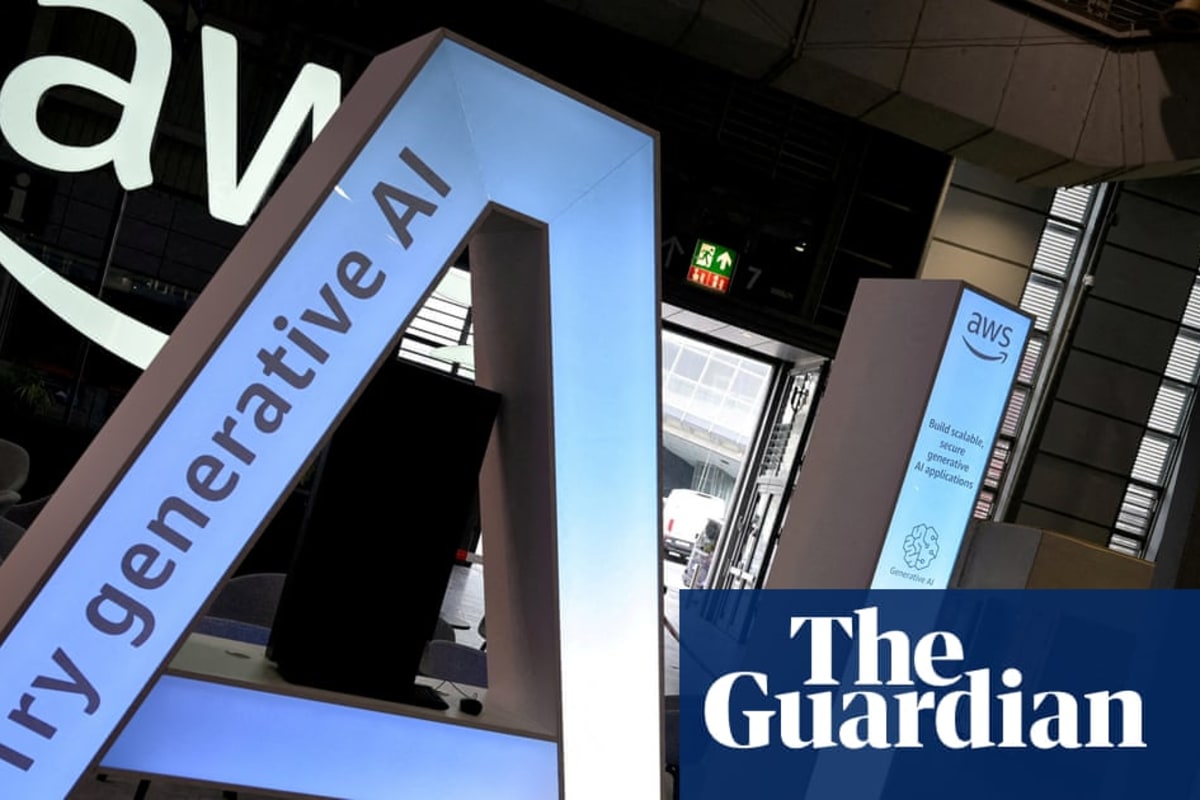UK Workers Fear AI Job Displacement: A TUC Call for Change

A recent poll has revealed significant anxiety among UK adults regarding the potential impact of artificial intelligence (AI) on their jobs.
The Trades Union Congress (TUC) survey, encompassing 2,600 adults across various sectors, found that 51% expressed concerns about AI's influence on their employment prospects These concerns primarily focused on potential job losses, significant alterations to working conditions, and the erosion of job security The findings highlight a growing unease about the broader societal implications of rapid technological advancement, echoing similar anxieties across developed and developing nations The TUC's response underscores the urgent need for a proactive and inclusive approach to AI implementation in the UK The union advocates for a 'step change' in the UK's technological strategy, emphasizing the crucial role of worker participation in shaping the integration of AI into the workplace This includes ensuring that workers have a voice in decisions about AI deployment, access to retraining opportunities, and a guarantee that AI is used to augment human capabilities rather than replace them entirely This call reflects a broader international movement advocating for ethical AI development and deployment, prioritizing human well-being, fairness, and mitigating potential negative consequences such as algorithmic bias and job displacement The concerns expressed in the UK resonate deeply within the context of Southeast Asia, a region experiencing rapid technological adoption and digital transformation Many Southeast Asian nations are witnessing a surge in digitalization, with AI playing an increasingly significant role across various sectors, from manufacturing and agriculture to finance, healthcare, and customer service While AI offers the potential for significant economic growth, increased efficiency, and improved living standards, it also raises valid concerns about job displacement, the widening of existing socioeconomic inequalities, and the potential for exacerbating digital divides For Southeast Asian countries, the UK's experience, and the TUC's recommendations, offer valuable lessons and cautionary tales The emphasis on worker participation, the importance of a proactive regulatory framework, and the need for robust social safety nets are particularly relevant Governments in the region must prioritize policies that support workers in adapting to the changing employment landscape This could involve substantial investments in reskilling and upskilling programs, focusing on digital literacy, data analytics, and training in AI-related fields Furthermore, social safety nets, including unemployment benefits and retraining allowances, need strengthening to provide adequate support for individuals who may be displaced by AI-driven automation The ethical considerations surrounding AI development and deployment are equally paramount for Southeast Asia The potential for bias in algorithms, particularly in areas such as loan applications and criminal justice, and the need for transparency and accountability in AI systems are critical issues that require careful attention and proactive regulation Southeast Asian governments should collaborate internationally to establish ethical guidelines for AI, ensuring that its development and use benefit all members of society and avoid exacerbating existing inequalities or creating new forms of discrimination This collaboration should also extend to sharing best practices in AI governance and promoting responsible AI innovation The TUC's call for a more inclusive approach to technological implementation extends far beyond the immediate concerns of UK workers It serves as a model for other nations grappling with the societal implications of AI The key takeaway is the imperative to actively involve workers, unions, and civil society organizations in shaping the future of work, ensuring that the benefits of technological advancement are shared equitably and that potential negative impacts are mitigated through proactive policies, inclusive dialogue, and robust worker protections This requires a shift in mindset, from viewing AI as a purely technological challenge to recognizing it as a complex socio-economic issue that demands a holistic and collaborative response Looking ahead, the international community needs a concerted effort to navigate the complex challenges and opportunities presented by AI This necessitates a multifaceted approach that combines sustained technological innovation with robust social safety nets, comprehensive ethical guidelines, and active worker participation in shaping the future of work, both in the UK and across regions like Southeast Asia Failure to address these concerns proactively could lead to widespread social unrest, deepen existing inequalities, and undermine public trust in technology, underscoring the urgency of responsible AI integration globally The situation warrants further investigation into the specific sectors within the UK that are most affected by AI-related job anxieties, allowing for a more targeted and effective policy response Analyzing the evolving skills gap and developing tailored training programs are crucial steps in ensuring a smooth transition for potentially affected workers Moreover, studying successful models of AI integration from other countries, such as Germany's emphasis on co-determination and Singapore's investments in AI education, could provide valuable insights for policymakers in both the UK and Southeast Asia The specific impact on key industries within Southeast Asia, such as the garment manufacturing sector and small-scale agriculture, requires further in-depth research to understand the potential scale of job displacement and identify the necessary mitigation strategies Cross-border collaboration will be essential in sharing best practices, developing common standards, and formulating effective solutions for the multifaceted challenges of AI integration in a globalized economy The establishment of robust data privacy regulations also becomes crucial, ensuring the responsible use of AI and protecting the rights of individuals across all sectors In conclusion, the anxieties surrounding AI's potential impact on employment in the UK highlight a pressing global concern that demands immediate attention and proactive action Southeast Asia, with its rapid technological advancement and diverse economic landscape, must proactively address similar challenges by prioritizing worker participation, implementing comprehensive ethical guidelines, strengthening robust social safety nets, and investing in targeted reskilling initiatives to ensure a just and equitable transition into the AI-driven future International cooperation is paramount in developing global standards, sharing best practices, and fostering a collaborative approach to mitigate the potential negative impacts of AI, securing a future where technological progress benefits all members of society and contributes to a more inclusive and sustainable world
